The verdict is in: Northeastern program helps judges better understand the forces that affect people’s health
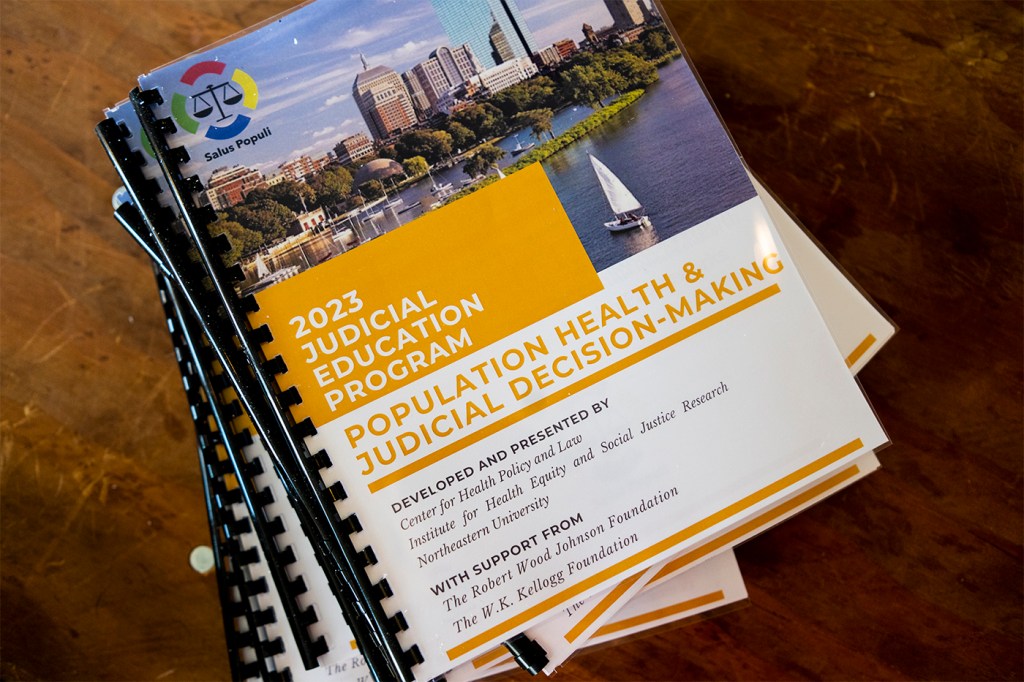
A family in New York City public housing sued the housing authority, claiming mold in their apartment caused asthma in their children. The major issue in the case was whether the mold caused the asthma.
The trial judge dismissed, finding that the family had not produced sufficient evidence to say that the mold was the cause of the asthma. In reaching that decision, he relied in part on the fact that others in the family had asthma, which he felt suggested that the asthma had a familial cause.
A group of judges from across the country debated this—and other cases—at a recent training at Northeastern University on how cases can be affected by the social determinants of health.
“We were trying to show that the way the court saw the issue doesn’t really take into account the complexity of causation—the plaintiff may have a genetic propensity but also might be in a population at higher risk due to the exposure of mold,” says Wendy Parmet, faculty director of “Salus Populi: Educating the Judiciary about the Social Determinants of Health.”
“We’re trying to show this more complex way of how epidemiologists might look at the problem,” she says, “which is often quite different from how lawyers and judges might look at the problem.”
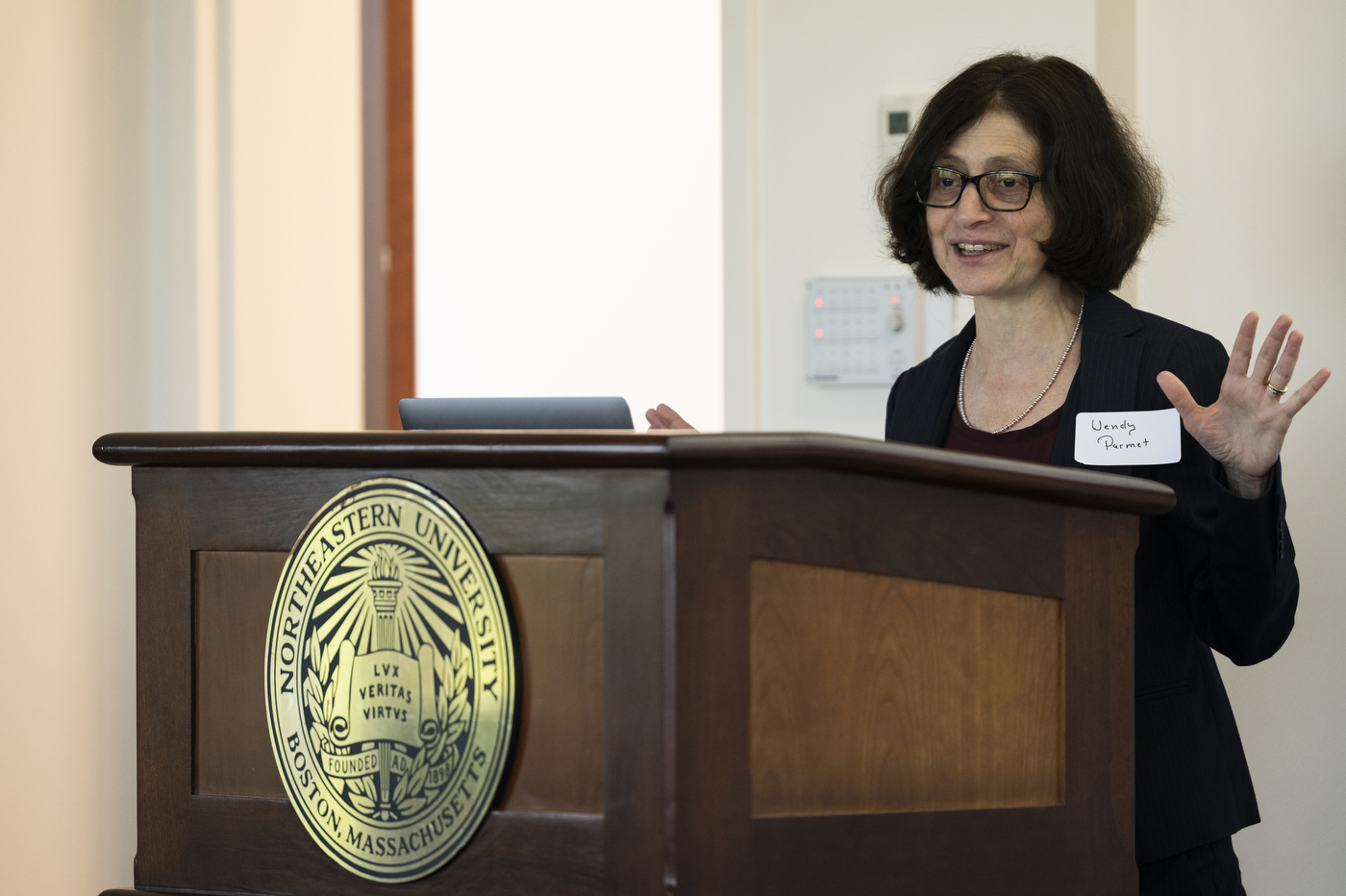
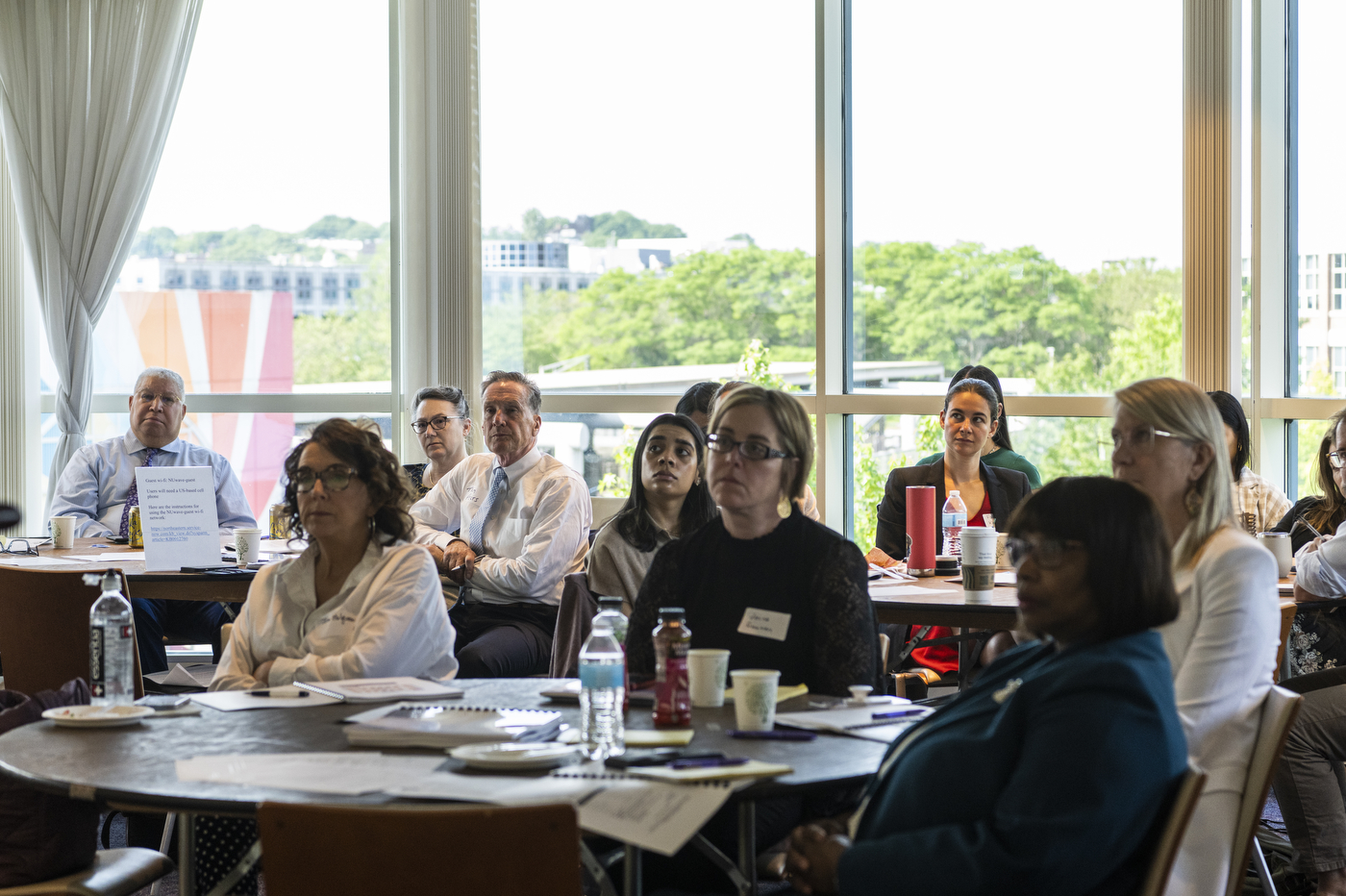
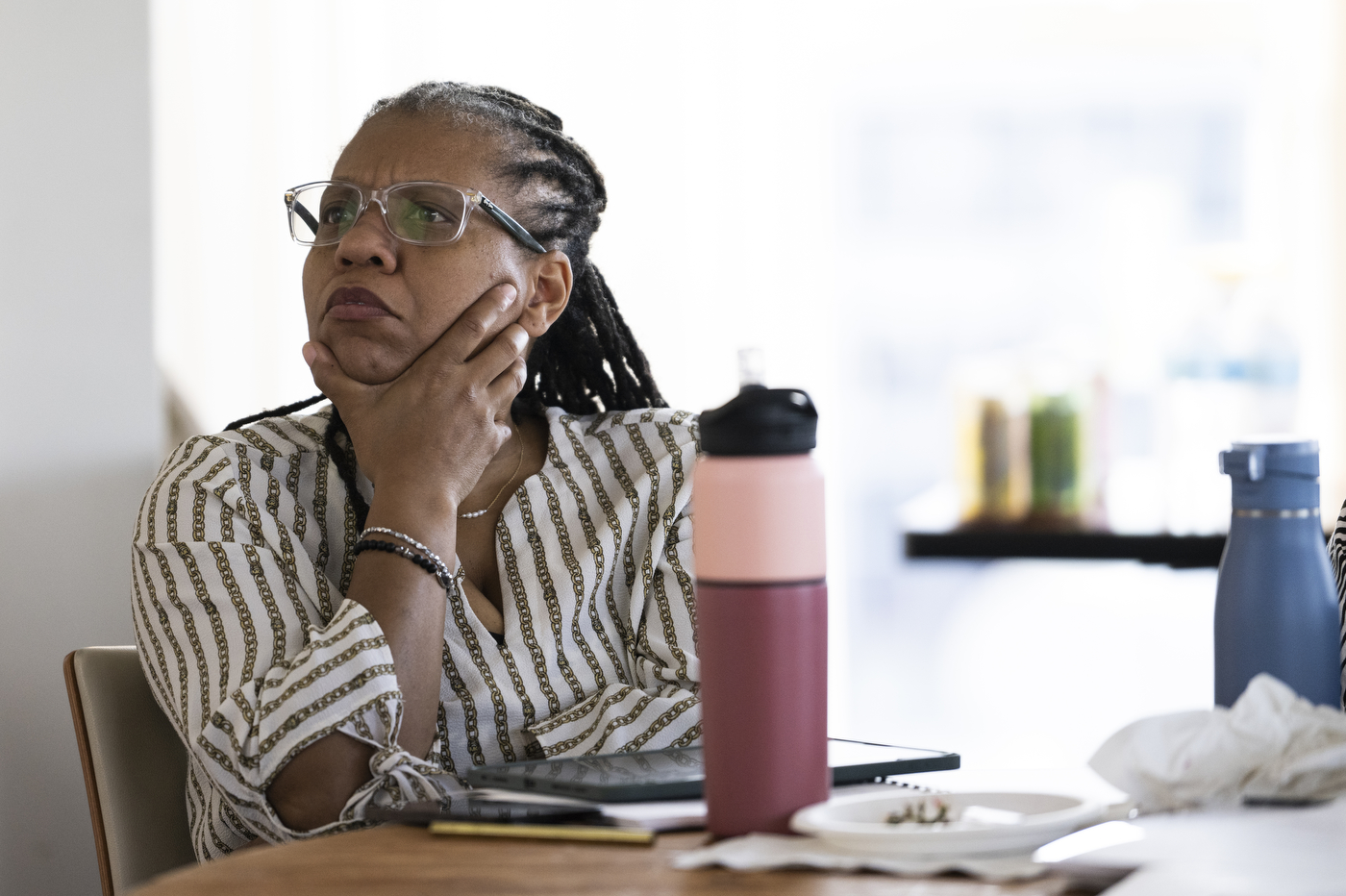
A collaboration between the university’s Center for Health Policy and Law, and the Institute for Health Equity and Social Justice Research, “Salus Populi: Educating the Judiciary about the Social Determinants of Health” provides guidance and training to judges on the social determinants of health and their relationship to judicial decision-making.
The project has worked with more than 450 judges at every level—local, state and federal—and lawyers from across the country. The work is funded by both the Robert Wood Johnson Foundation and WK Kellogg Foundation. The Latin expression “salus populi” translates to health of the people is the highest law.
“Judges play an incredibly important role in determining the health of individuals and populations. Their decisions have significant impact on health equity, and issues related to health are pervasive in the judicial system,” Parmet says. “So we think it’s helpful for judges to understand the forces that affect people’s health. We believe that when judges have this knowledge, they can use it to make legally appropriate decisions that are less adverse to health when the law permits them to do that.”
The social determinants of health are the conditions in which we live, work and play, and include factors such as socioeconomic status, education, neighborhood and the social patterning of the physical environment, employment, and social support networks, as well as access to health care. Research has shown that such conditions consist of 80% to 90% of the modifiable contributors to human health. But it’s perhaps not always readily apparent.
“How do the social determinants of health such as racism get into your body?” Alisa Lincoln, faculty director of the project, asked rhetorically during the training.
Sometimes there are direct exposures. For instance, Lincoln mentioned how in neighborhoods with high concentrations of air pollution, breathing polluted air can cause asthma flare-ups. Other times, the exposure is indirect and may manifest years after exposure. The cumulative impact of years of exposure to interpersonal and structural racism, or substandard housing conditions, can lead to poor health outcomes across your life and later in life.
But, what does this have to do with the law?
“Social determinants of health lead people and issues to court; court outcomes then influence social determinants of health,” Parmet says.
For example, the issue of causation is “pervasive” in the court system, Parmet says, noting that cases in several areas of law—environmental law, torts, worker’s compensation—directly examine causation.
But causation is different in the law and in epidemiology.
While lawyers and judges examine whether an action causes a plaintiff’s condition, an epidemiologist may examine whether a condition is caused by an action or exposure. In many cases, the judiciary also focuses on the individual or individuals directly harmed, while epidemiologists more often focus on populations that experience harm.
The different approaches can lead to many discussions – as occurred during the eight-hour training session.
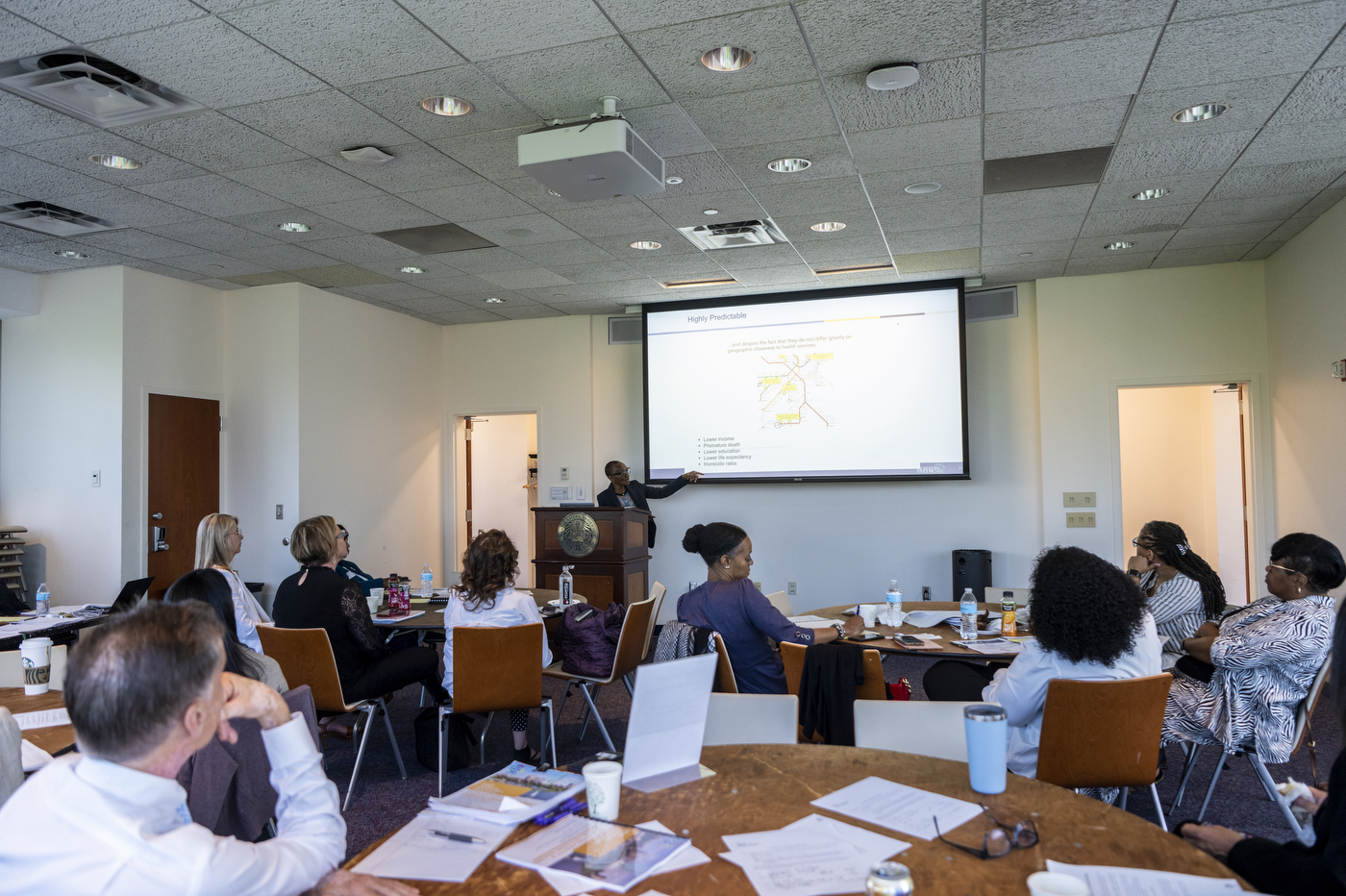
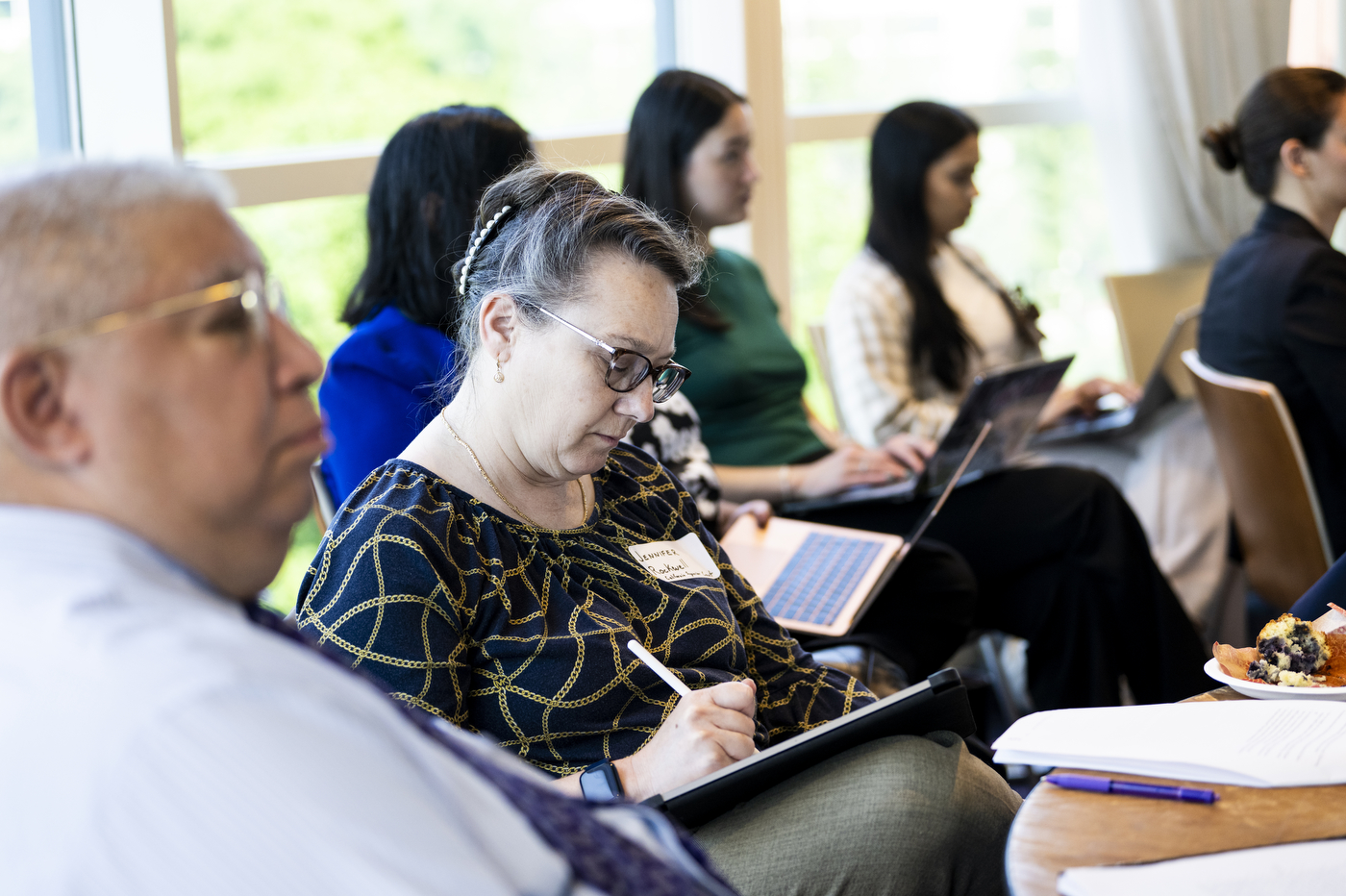
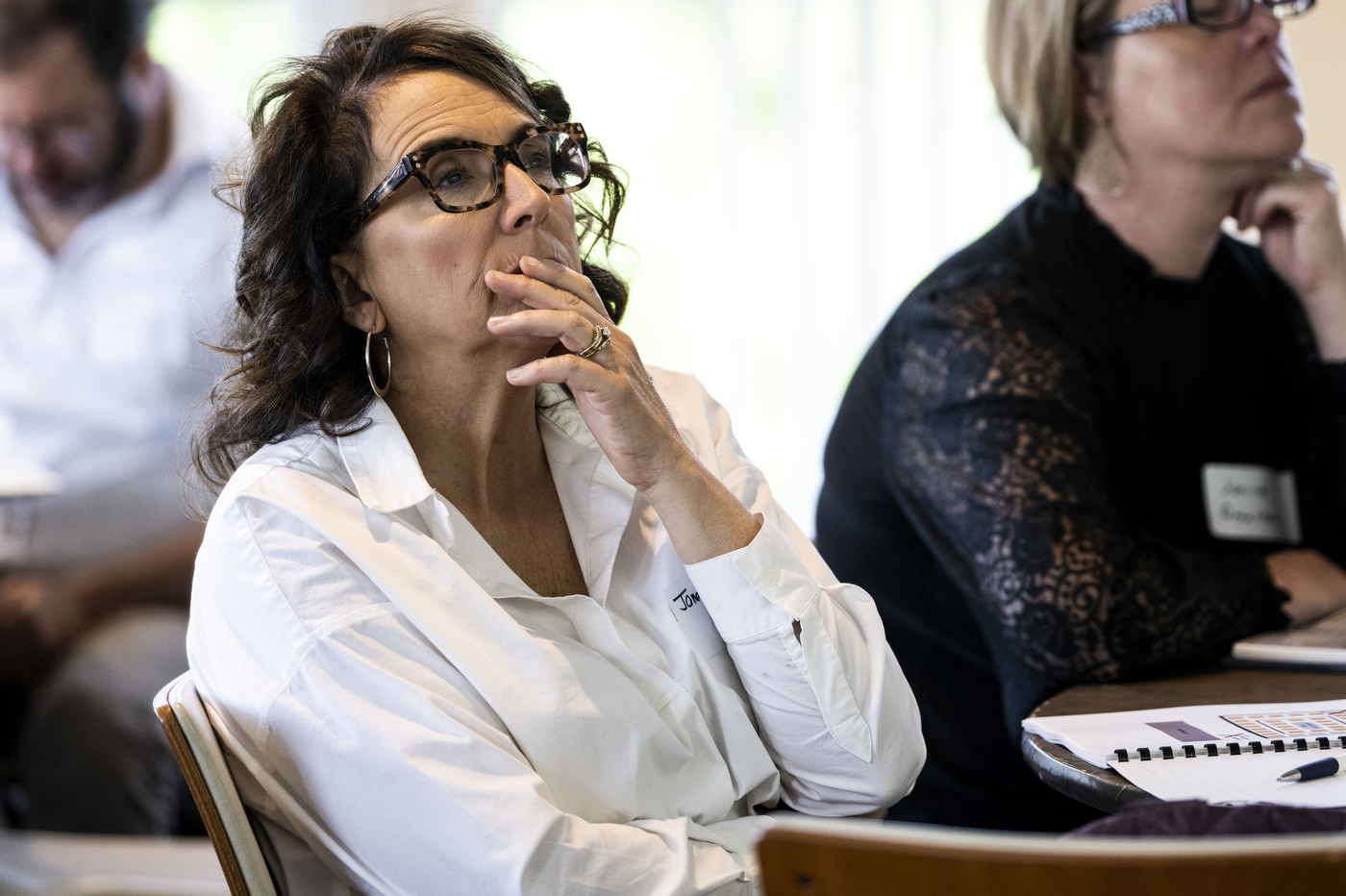
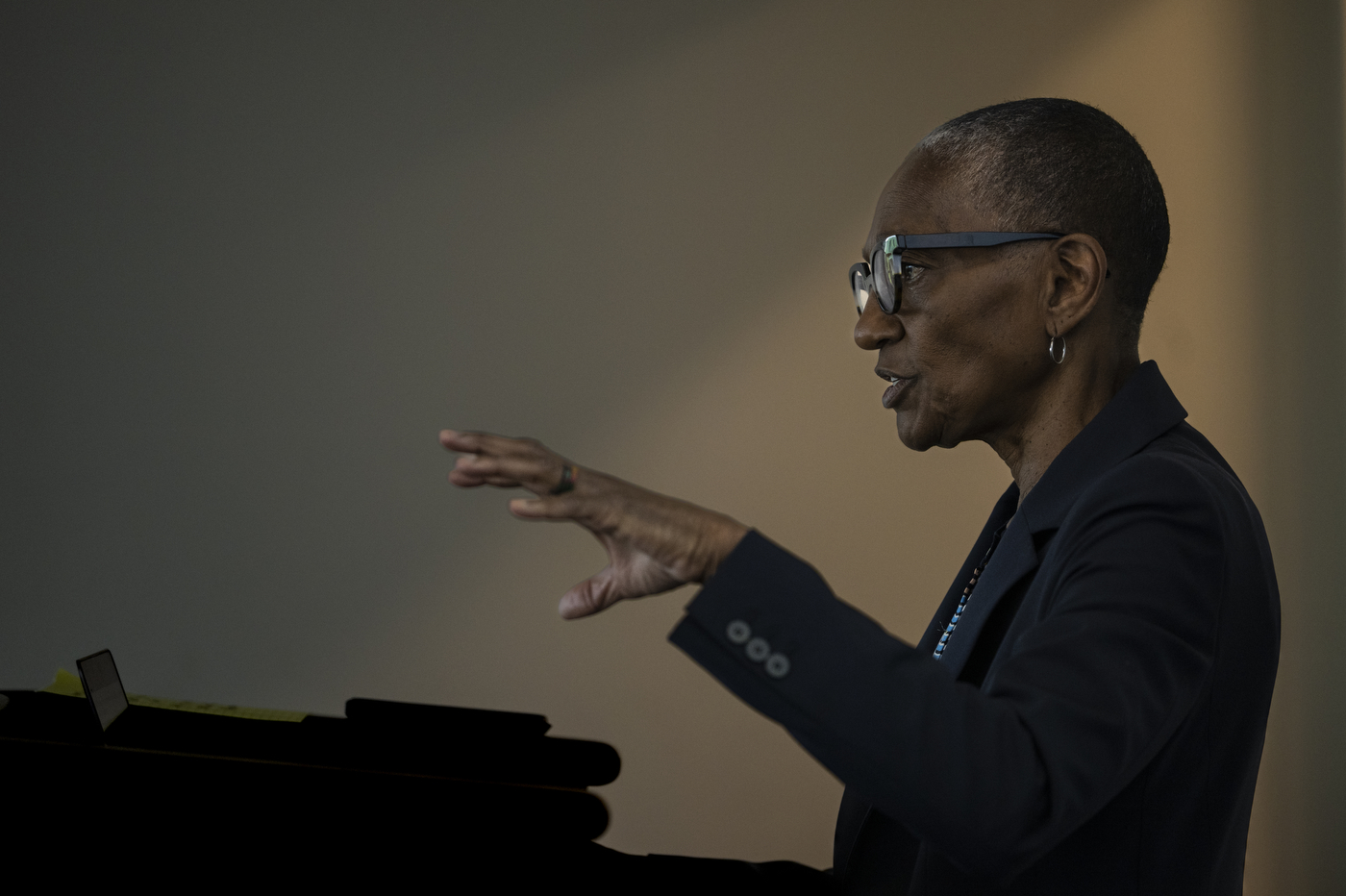
Parmet says that these discussions can be important.
“I think judges face unique challenges, and I think they are best equipped to teach one another,” Parmet says. “We’re not trying to say, here’s the correct answer. We’re saying here’s the science, and we let them decide how to use it.”
As Lincoln notes, “Developing Salus Populi was a tremendous opportunity to take an innovative approach to addressing the SDOH or the social drivers of health, the very upstream factors, that shape the health of populations.”
Parmet and Lincoln hope judges participating in the program get a new understanding of health and are conducting an evaluation of Salus Populi to demonstrate that impact.
“A new understanding of how social determinants affect the choices and the health of the litigants before them, and how their own decisions may affect health and the health of communities,” Parmet says. “When you start seeing health from a social determinant’s perspective, rather from an individual perspective, things start to look different.”
Cyrus Moulton is a Northeastern Global News reporter. Email him at c.moulton@northeastern.edu. Follow him on Twitter@MoultonCyrus.





